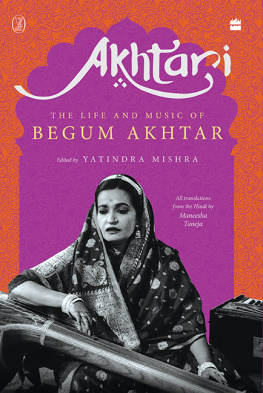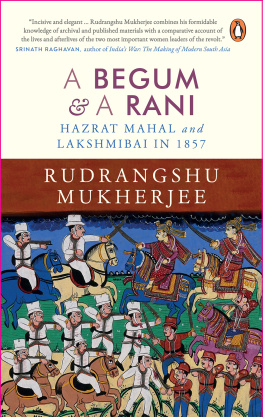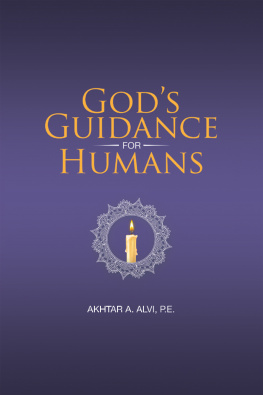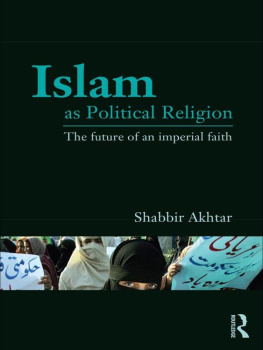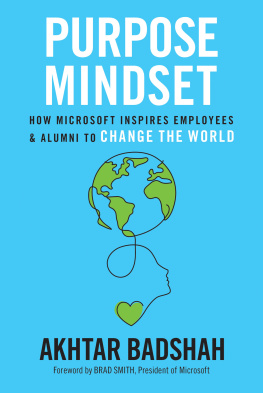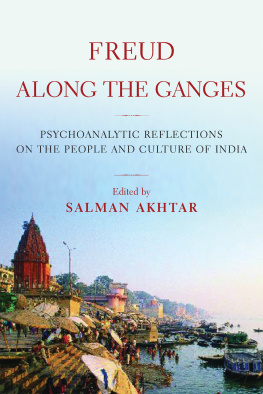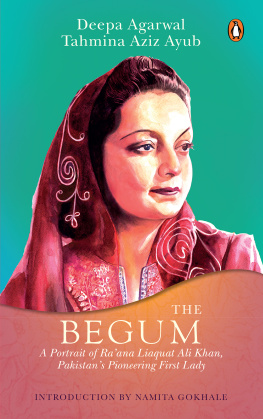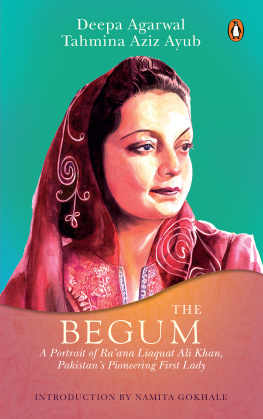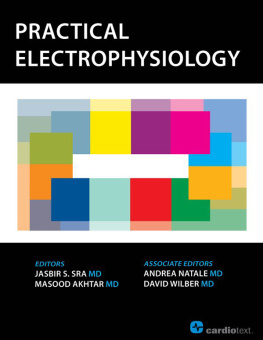Table of Contents


Contents

I have wanted to edit Akhtari ever since I grew old enough to understand the stories I heard about Akhtari Bai Faizabadis relationship with our family. Listening to the legends about her personality, the way she spoke, her conduct and dressing, her way of life, her obsession with courtesy and respect, and her unsurpassable talent kindled in me an inexplicable idolizing passion for her. I have been so crazy about music that apart from classical music and semi-classical music, I have always looked for hidden gems in folk and cinema music too. My paternal grandmother, the late Rajkumari Vimla Devi, was equivalent to a music society all by herself, having been not only a singer but also accomplished in playing many uncommon instruments. Growing up in such an environment, I have always tried to gain a deeper understanding of who Begum Akhtar was, from the perspective that she was a unique personality from Awadh whose music made its mark in its own special way.
Born to Mushtaribai, a famous singer of yore, Begum Akhtars (19141974) maiden name was Akhtari Bai Faizabadi. After her marriage to Ishtiaq Ahmed Abbasi, from the family of the Nawab of Kakori, she came to be known as Begum Akhtar. It is of historical importance that Begum Akhtar was accomplished in all forms of semi-classical music, be it thumri, chaiti, dadra, kajri, baramasa, or hori. She learnt music through and with various gharanas, the prominent amongst them being Ustad Abdul Wahid Khan (Kirana), Ustad Ramzan Khan (Lucknow), and Ustad Barkat Ali Khan (Patiala). Begum Akhtar attained unparalleled success with her lilting voice, and the unique way of singing in a fast tempo. Her voice was so imbued with pathos and rhythm that at one time the pain in her voice echoed the pain of every listener. Anyone who had suffered heartbreak and betrayal in life found refuge in Begums voice. Until then the ghazal was something that was only read Begum Akhtar gave ghazal an identity and respectability by adding the dimension of singing to it. There came a time when every poet, expert or novice, yearned for Begum Akhtar to sing his creation. And she did. It remains an example as well as a milestone in the history of music. Be it the ghazals of Shakeel Badayuni and Jigar Moradabadi or those of novice poets like Sudarshan Faakir, Begum Akhtar added value to their words with her voice. In fact, Kaifi Azmi had even confessed that he went back to reading and writing ghazals in order to get closer to Begum Akhtar.
This is all thanks to Begum Akhtars talent. All of this is only an effort to seek shelter under the umbrella of the style and art of a singer of intense calibre who graced the garden of semi-classical Hindustani music, a singer we had the fortune of being blessed with. This book is woven with the myriad threads of the scattered stories of the music and persona of Begum Akhtar, which bring to light that heretofore obscure era. It is an effort to learn about the coupling of music and literature in the days when a large section of society was showering Begum Akhtar with love. This book is divided into four parts. The first part is a reflection on Begum Akhtars life and musical journey. This involves writings by Sheila Dhar and Saleem Kidwai, scholars who have studied and understood the Begum Akhtar tradition, as well as writings by Dr Praveen Jha, Sushobhit Saktawat, and Mohit Kataria experts who look at music with a new lens. An extract from well-known writer Shivanis memoirs has been included in this section and Mamta Kalia was also kind enough to share with us her warm memory. Added to the views of music experts Aneesh Pradhan, Kunal Ray, and Sunita Budhiraja is my analysis of Akhtari Bai Faizabadis life with reference to her times through the relationship she shared with my family. The writings by Dr Rakshanda Jalil, Iqbal Rizvi, and Narendra Saini give us new insights into understanding Begum Akhtars musical journey, which shows us how deep literature was embedded in it. Similarly, one section is based on interviews with her students Rita Ganguly and Shanti Hiranand. Unfortunately, we were not able to talk to Anjali Banerji because she does not speak about her art or ustad in public. And so it is imperative to study the other two interviews more carefully. Another section is based on an interview taken from the Sangeet Natak Academis archives. This interview was conducted in 1970 by the well-known critic Acharya Kailash Chandra Dev Brahaspati. Classical singer Shubha Mudgal has also done an interesting study on Begum Akhtars singing and it is a big achievement for this book.
Another section of the book is a humble effort to understand Begum Akhtar. In it we get to know the small, personal details of her daily life. We get a glimpse into her simplicity which was an integral part of Begum Akhtars personality. This section is made up of a variety of information collected through news, comments, memoirs, documents, and memories. Along with inputs from Ustad Bismillah Khan and Lata Mangeshkar, this section involves comments by other music stalwarts: Prakash Vadhera, Susheela Mishra, Mohan Nadkarni, Gajendra Narayan Singh, Yogesh Praveen, Pran Nevile, Narhari Patel, Kaumudi Munshi, Satish Chopra, Yunus Khan, Pramod Dwivedi, and Partha Chatterjee. This book is all the more enriched by contributions from singers like Malini Awasthi and Shruti Sadolikar.
This book does not claim to analyse or understand Begum Akhtar in entirety. Her personality was so vast that even after covering this much there remains regret that much has yet been left out. The effect of her music is so immense and her music so full of new thought that to understand her signature style there is an enormous need for more research, study, and serious conversation on her music.
Our small effort to put together this work on the life and music of Begum Akhtar has been possible thanks to the help of thousands of her fans. This book is now in your hands, dear readers, and I hope that we are able to present her journey with the same simplicity that she presented her music with to her audience. It gives me immense pleasure to present Begum Akhtars journey to all her fans in the 105th year of her birth.
The story of the empress of pain of her grief and hurt, her joys and dreams, music and love, everything has come together here
This book is my homage to the memory of my paternal aunt, my bua, Jwalanti Mishra. I am unable to express in words the role that she played in cultivating the tradition and culture of music in me since my childhood.
Yatindra Mishra
I
REFLECTIONS ON HER LIFE AND MUSIC

Zikr us parivash ka aur phir bayaan apna
Ban gaya raqeeb aakhir thha jo raaaan apna
Her fairy-like beauty and my description of it
Eventually turned my confidante into a rival
A gha Shahid Ali wrote In Memory of Begum Akhtar in the week following her death on 30 October 1974:
Do your fingers still scale the hungry Bhairavi, or just the muddy shroud? Ghazal, that death-sustaining widow, sobs in dark, dingy archives, hooked to you, she wears her grief, a moon-soaked white. Youve finally polished catastrophe, the note you seasoned with decades of Ghalib, Mir, Faiz: I innovate on a note-less raga.
Begum Akhtar lies buried under an untidy cement-and-brick platform, next to her mother, Mushtaribai, who was laid to rest in 1950. Decorated with a couple of shabby tiles, the grave is in a small compound marked by an unplastered brick wall. Engulfed by a modern slum that mushroomed soon after Begum Akhtar died, it is almost impossible to find. This once-large tract of land on the edge of Lucknow in Thakurganj, called Pasand Bagh, with cultivated fields and a mango orchard, was part of Begum Akhtars estate. Both mother and daughter had loved the peace they found here.

